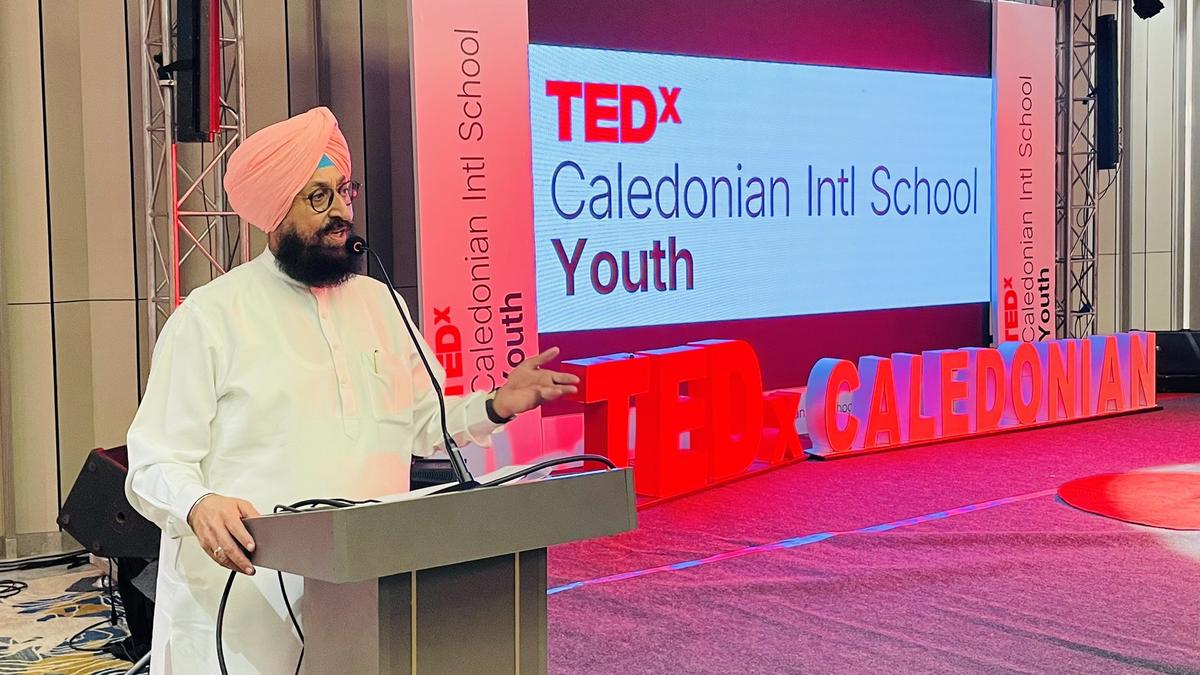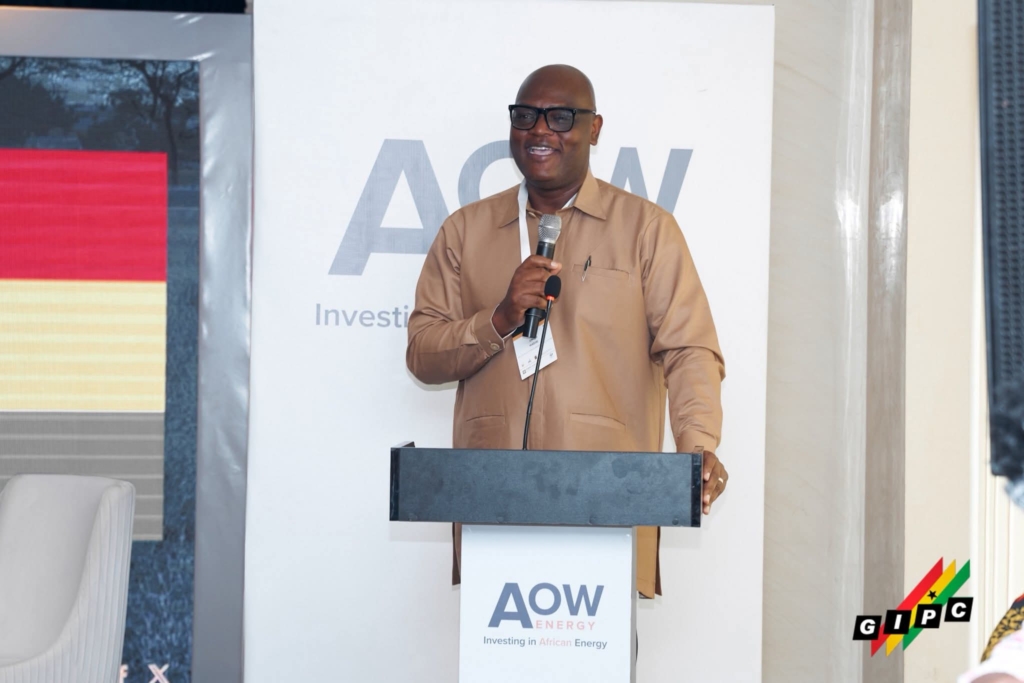By The Hindu Bureau
Copyright thehindu

The Leader of the Opposition in the Punjab Assembly, Partap Singh Bajwa of the Congress party, on Sunday (September 28, 2025) asserted that Punjab stands at the core of India’s engagement with Eurasia (the combined landmass of Europe and Asia), and rather than remaining on the periphery, the State should be repositioned as India’s gateway to Eurasia.
He was delivering the keynote address at a TEDx event at the Caledonian International School in Pathankot.
Punjab must no longer be viewed merely as a border State but as a bridge State that connects India with Central Asia and Europe, Mr. Bajwa said.
“If centuries ago, caravans could carry our products to European markets, there is no reason why in an era of highways and digital technology, Punjab should remain locked behind barbed wire,” Mr. Bajwa said, pointing out that, under Maharaja Ranjit Singh, Punjab’s goods travelled through Kabul and Central Asia before reaching Paris and London.
He proposed the creation of an ‘Amritsar-Rajpura economic corridor’ as the foundation of Punjab’s economic revival. “Amritsar was both a cultural capital and India’s closest land entry to Central Asia, while Rajpura can serve as Punjab’s logistical hub, at the junction of major highways and railways. Between them, there should be a modern Silk Road, with agro-processing clusters, industrial parks, and logistics hubs powering Punjab’s integration into global supply chains,” Mr. Bajwa said.
In the context of the India-EU strategic agenda, he stressed that Punjab could anchor cooperation across its five pillars — economy, connectivity, technology, security, and people-to-people ties. Prosperity offered the strongest guarantee of stability, Mr. Bajwa said. “Barbed wire has never delivered peace. Business over bullets, trade over terror — this is the path forward,” he said, drawing parallels with Europe’s transformation from conflict to cooperation after two World Wars.



